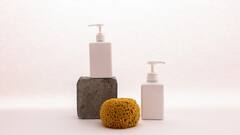How Monsoon Affects Our Eyes, Know Eye Infections That Can Occur During This Time And How To Manage Them
During monsoons, the moisture levels in the air significantly increase, creating a conducive environment for various pathogens and allergens, which can adversely affect eye health.

The onset of monsoons, though gives respite from the scorching heat, brings along microbes, which cause a lot of infections. Apart from cough and cold, monsoons can result in several water-borne diseases and also plague our eyes with infections. During this time, the moisture levels in the air significantly increase, creating a conducive environment for various pathogens and allergens, which can adversely affect eye health. So, apart from the other preventive measures that we take during monsoons, it is also important to take proper care of our eyes.
ALSO READ: Tooth Sensitivity: Know Effective Tips To Manage This During Monsoon
Eye Problems Due To Monsoon Rains:
The risk of eye infections spikes during the rainy season. Common conditions include conjunctivitis, stye, fungal eye infections, and corneal ulcers.
Dr. Anurag Wahi, Senior Consultant, at Sharp Sight Eye Hospitals, said, "The increased humidity and the occasional splash of rainwater can introduce contaminants into the eye, leading to infections. It is essential during these months to maintain stringent eye hygiene. Regular hand washing, avoiding the use of shared towels, and refraining from rubbing the eyes can significantly reduce the risk of infections."
Dr. Aditya Pradhan, Consultant in Cornea, External Diseases and Cataract, Disha Eye Hospitals shared some eye problems that can occur during monsoon rains and the measures to prevent them.
1. Conjunctivitis:
Conjunctivitis, an inflammation of the conjunctiva, is quite common during monsoons. Just like viral fever, this infection is also contagious. This is characterised by an acute onset of a red, watery eye. It may be accompanied by pain and discharge and usually starts in one eye and spreads to the other as the secretions are contagious.
Symptoms:
- One may complain of a gritty feeling as if something has fallen in the eye.
- There may be blood clots visible around the cornea and in case it spreads to the cornea, the patient may have symptoms such as intolerance to light (Photophobia), glare, and pain and may see coloured haloes around lights.
- It usually occurs due to a viral infection and may be preceded by fever.
- Though it typically lasts for a week, occasionally it may continue for up to 14 days.
- One should visit the ophthalmologist for examination as occasionally there can be sight-threatening complications.
- The secretions are contagious so the patient needs to be careful and use separate towels, bed sheets, etc.
Prevention Tips:
Conjunctivitis is spread by transfer of the secretions from an infected person.
- One must maintain hygiene and avoid touching the eyes.
- Although a self-limiting condition, it is better to visit an ophthalmologist for an accurate diagnosis and treatment.
- Supportive therapy in the form of artificial tears and cold compress works wonders.
- Over-the-counter steroid/steroid-antibiotic eye drops should be strictly avoided as they can cause sight-threatening complications.
- Contact lens wearers must discontinue lens wear till the ophthalmologist allows them to.
- Sharing of eye drops between affected family members isn’t recommended.
- Patients should avoid visiting public places, especially community swimming pools.
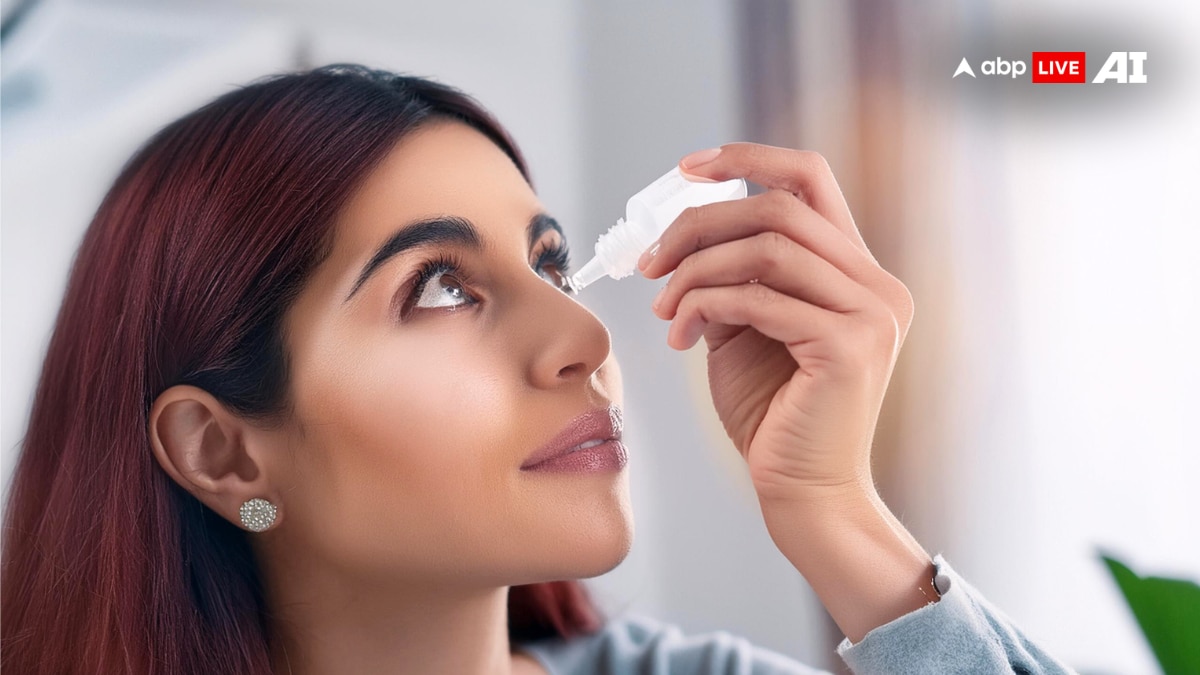
2. Corneal Ulcers:
A corneal ulcer is an infection of the cornea. There is an increased incidence of corneal ulcers in this season, especially among contact lens wearers and those with an interest in gardening/those engaged in farm work. This is characterised by a sudden onset of pain, redness, watering, photophobia and decreased vision in the affected eye.
It can be serious if not treated immediately, so a visit to the ophthalmologist is mandatory for anyone with the above symptoms. An affected person should stop wearing contact lenses with immediate effect. Treatment is with anti-microbial agents that depend on the severity and aetiology of the condition.
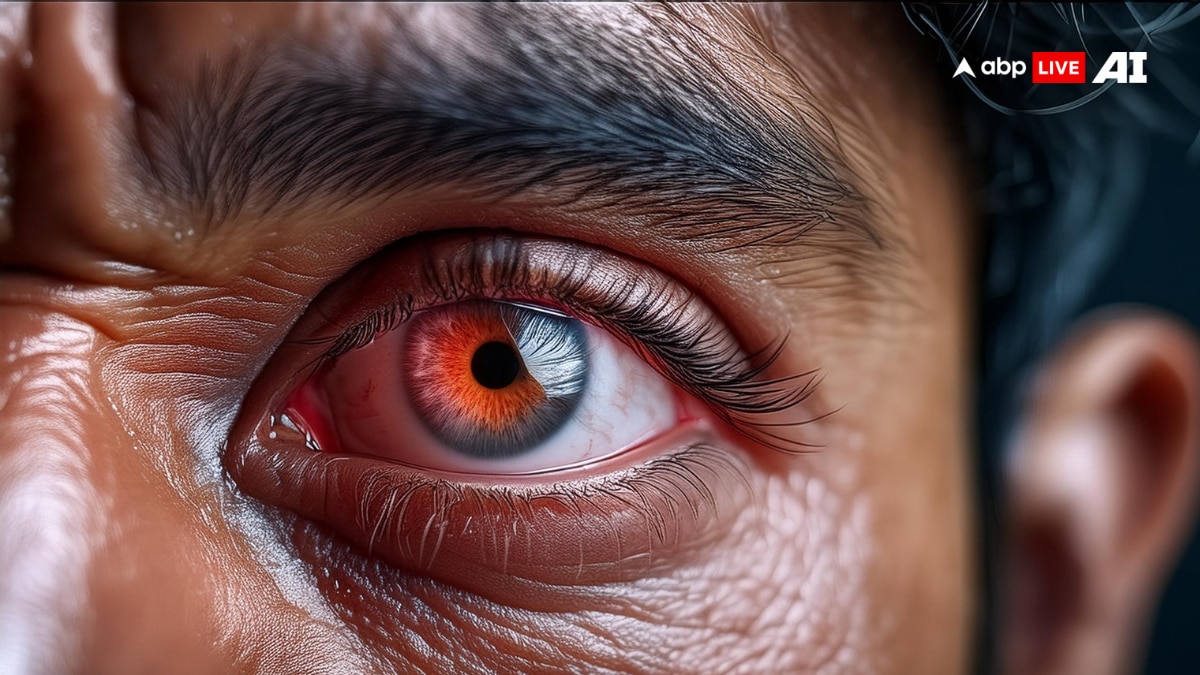
3. Allergy:
Dust, pollens, cosmetics and weather changes may trigger allergies. Contact lens wearers need to stop wearing lenses during an episode of allergic conjunctivitis. Wearing sunglasses will protect the eyes from dust and will prevent dust particles from entering the eyes. Over-the-counter steroid/steroid-antibiotic eye drops should be strictly avoided as they can cause sight-threatening complications. A prompt visit to the ophthalmologist is recommended for quick resolution of the condition.
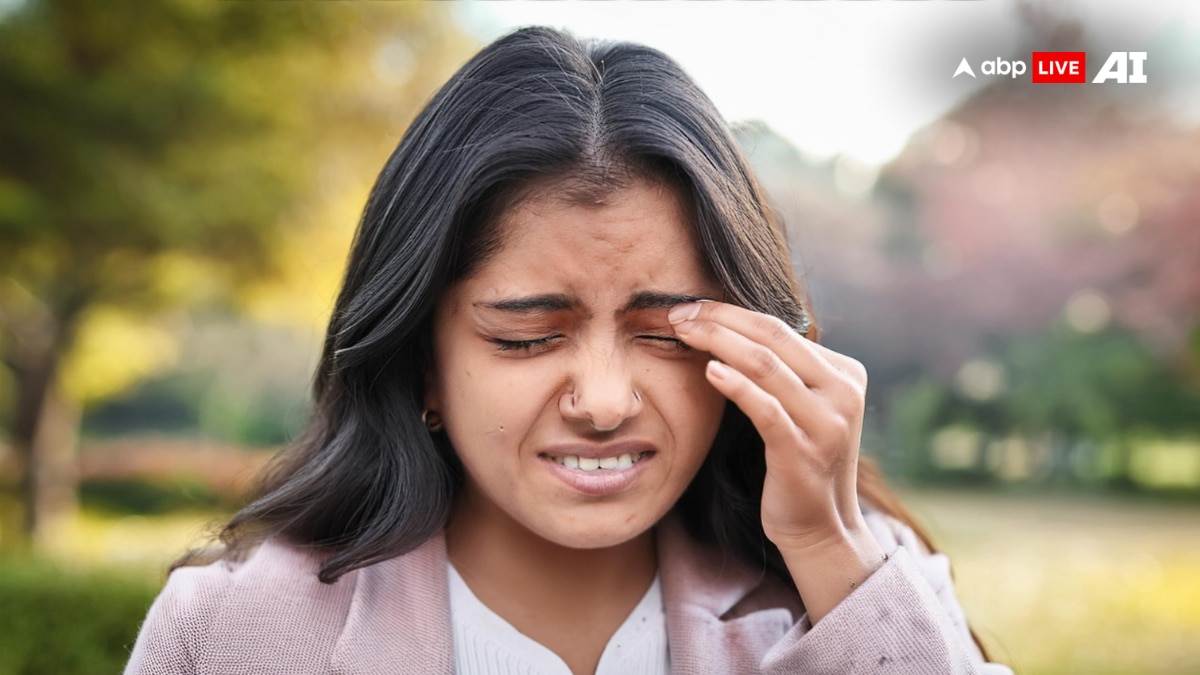
Ways To Combat Allergies And Irritations:
Allergies are rampant in the monsoon due to pollen, mould spores, and dust mites. These allergens can cause symptoms like redness, itchiness, and watery discharge from the eyes.
Here are some tips suggested by Dr. Anurag Wahi to mitigate these symptoms:
Using antihistamine eye drops can be effective. However, it is always recommended to consult with an eye care professional before starting any medication, even if it is available over the counter.
Wearing protective eyewear, such as sunglasses or clear protective glasses, can help shield the eyes from both UV rays and environmental irritants.
Sunglasses can prevent rainwater, which might contain harmful pollutants and bacteria, from getting into the eyes. They also reduce glare and protect against the harmful ultraviolet rays that penetrate even during cloudy weather.
Vitamins A and C are particularly important for eye health, supporting the functioning of the retina and cornea.
Omega-3 fatty acids, found in fish, flax seeds, and walnuts, help maintain cell membrane health, crucial for vision.
Including green leafy vegetables, citrus fruits, and nuts in the diet can bolster the immune system, helping the body fight off potential infections more effectively.
Regular eye examinations become even more critical during the monsoon. They can help catch any early signs of infection or changes in vision, allowing for prompt treatment.
Another common issue during this season is dry eyes, surprisingly not alleviated by the humid weather. Spending long hours in air-conditioned environments can dry out the eyes. Using a humidifier can help maintain indoor humidity levels, and lubricating eye drops can alleviate the discomfort of dry eyes. These drops help maintain moisture on the eye's surface, providing relief from the dryness and irritation that air conditioning can cause.
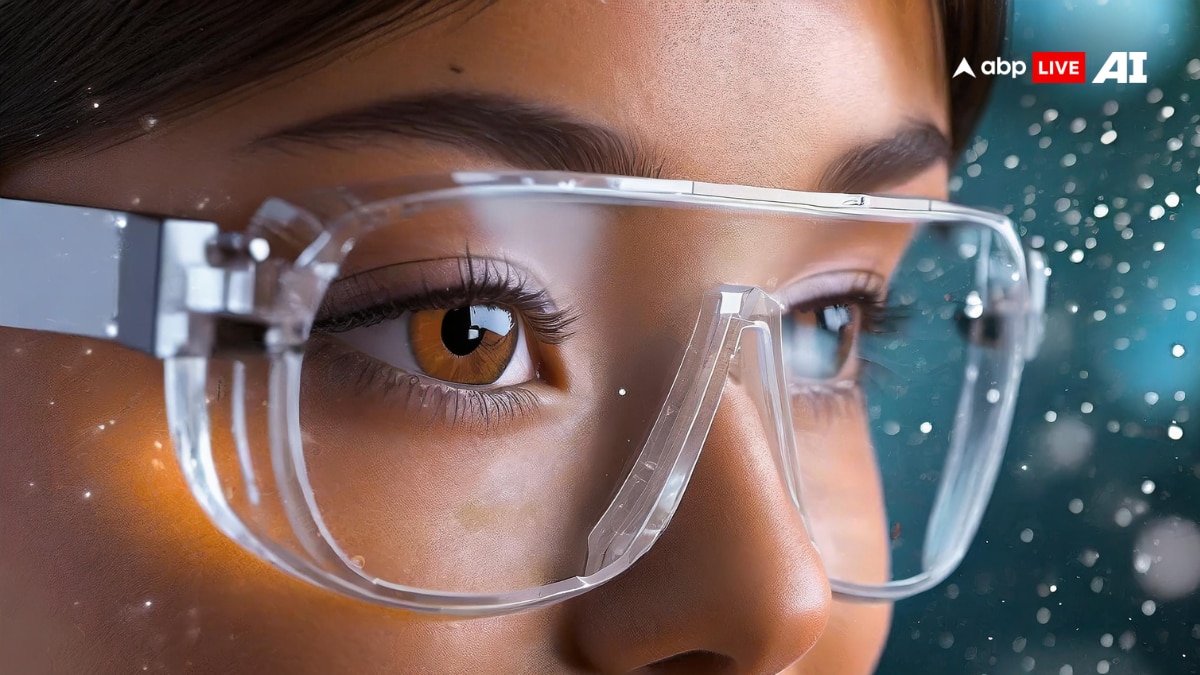
Important Things To Keep In Mind:
Dr Anindya Kishore Majumder, Uveitis Specialist, Asian Institute of Immunology and Rheumatology listed some important things that everyone should keep in mind to avoid eye infections during monsoons:
- The main sources of infection are the fingertips and nails, so one should not touch their eyes without washing their hands first.
- Avoid any kind of rubbing when the eyes are itching. If you think water is coming out of your eyes or if they are turning red, the best solution is to clean your eyes with clean drinking water. If that is not sufficient, consult an eye specialist who can check for viral infections, chemical exposure, or dry eyes.
- Avoid wind and dust by wearing spectacles or sunglasses.
- If your eyes are itchy, avoid using any family member's or friend's towel if they have redness in their eyes or any other kind of eye infection, to reduce the chances of cross-infection.
- Avoid eye makeup during the rainy season to prevent dry eyes.
[Disclaimer: The information provided in the article, including treatment suggestions shared by doctors, is intended for general informational purposes only. It is not a substitute for professional medical advice, diagnosis, or treatment. Always seek the advice of your physician or other qualified healthcare provider with any questions you may have regarding a medical condition.]
Check out below Health Tools-
Calculate Your Body Mass Index ( BMI )
Trending News
Top Headlines



















